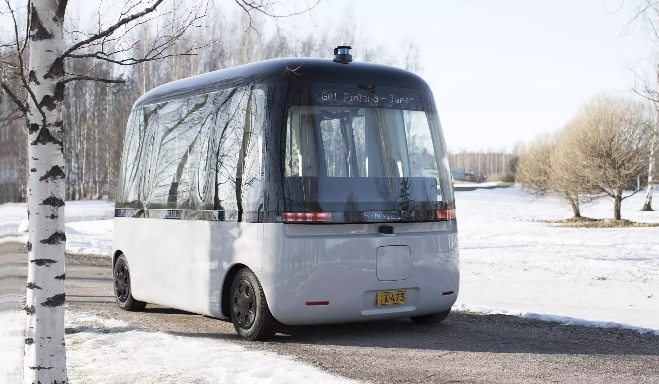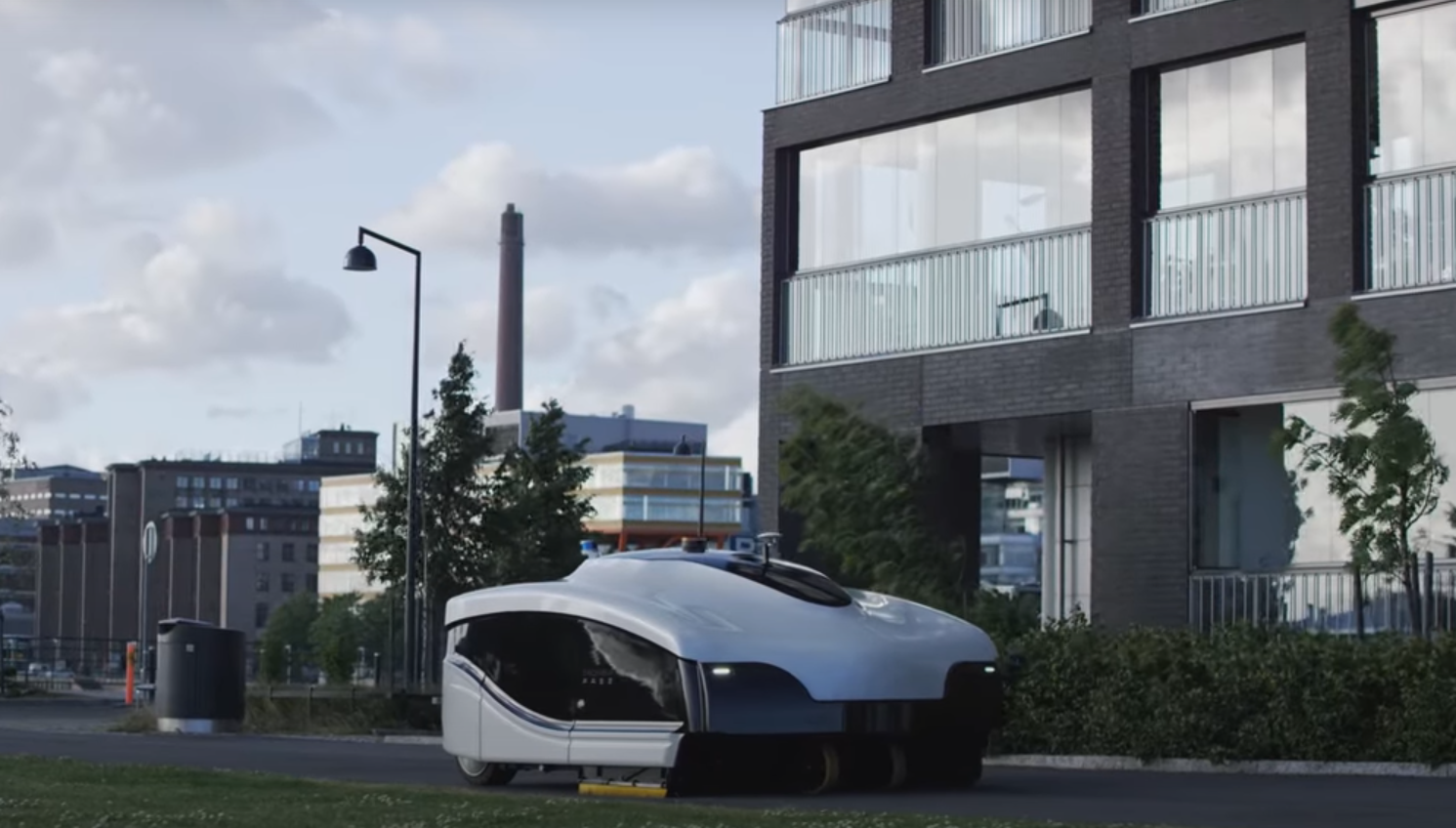Finland is actively conducting smart city demonstration projects centered on Helsinki, Espoo, and Tampere.
It is necessary to take advantage of the opportunity to demonstrate development technology by utilizing the test bed that is open to overseas companies.
Finnish smart city government policy direction
From 2014 to 2021, the Finnish government promoted '6 Aika (6 city strategy)', a smart city policy, to enhance competitiveness through improved public productivity and create jobs through fostering new industries. 6 Aika was implemented with major local governments at the center based on EU funding*. At the same time, TEKES (Technical Innovation Agency, currently Business Finland), an R&D funding agency under the economic MOEL, invested 2014 million euros from 2017 to 1 (TEKES 4000 million euros shared) to develop 'Witty City' for the purpose of fostering innovative technologies. ' supported the program.
Note*: 6 Aika Source: European Regional Development Fund (ERDF) 8000 million euros, European Social Fund (ESF) 1500 million euros, total investment of 9500 million euros
The characteristics of Finland's smart city policy are focused on open innovation and the expansion of public infrastructure utilization, rather than Korea's urban development perspective. The 30 Aika Project jointly promoted by 6 large cities (Helsinki, Espoo, Vantaa, Tampere, Turku, Oulu, etc.), where more than 6% of the total population resides, also has 3 core projects (3 Spearhead Projects). This can be seen from the points of 'Open Innovation Platforms', 'Open Data and Interfaces', and 'Open Participation and Customership'.
After Nokia sold its mobile division to Microsoft in 2011, the Finnish economy recorded negative growth for three consecutive years from 2012 to 2014. In the process of changing the policy direction from economic growth centered on large corporations to innovative growth through fostering startups, open public infrastructure as a test bed that can demonstrate innovative technologies of startups, and expand close collaboration among the government, companies, universities, and research institutes. We have built a platform that can do that.
<6 Aika Project Status>
(Unit: pieces, %)
|
Project |
number of projects |
Percentage of Investment |
|
Key Projects: Open Innovation Platforms, Open Data/Interface and Interfaces), Open Participation and Customership |
3 |
27 |
|
education and employment(Training and Employment) |
19 |
17 |
|
circular economy and energy(Circular Economy and Energy) |
12 |
17 |
|
New technology and competitiveness of SMEs (New Knowledge and Competences for SMEs's) |
4 |
8 |
|
Coordination |
2 |
7 |
|
Smart city solutions and city data (Smart City solutions and Urban Data) |
7 |
7 |
|
Learning |
2 |
6 |
|
Mobility |
5 |
6 |
|
Health and Wellbeing |
5 |
5 |
[Source: The Six City Strategy Office publication report “Era of Cities” (April 21)]
Supported by TEKES, Witty City is a public-private joint investment of 1 million euros to develop technologies in three fields: Smart Transport and Mobility, Smart Energy, and Smart Building and Planning. focus on development. Even after the Witty City program ended in 3, Business Finland* continues to support it through technology-specific investment programs such as AI (artificial intelligence), new energy technologies to realize a carbon-neutral society, circular economy, and smart mobility.
Note*: Business Finland: In 2018, an economic MOEL-affiliated organization newly launched through the merger of export (Finpro), investment (Invest in Finland), tourism (Visit Finland), and funding (TEKES) organizations.
Startup Testbed Finnish Smart City
City of Helsinki subsidiary Forum Virium Helsinki (FVH, https://forumvirium.fi/) is carrying out a total of 77 projects centered on data, smart city, and smart mobility. Of these, 49 projects have already been completed, and as of February 2023, 2 projects are in progress. FVH is actively utilizing the experience gained through various smart city solution demonstration projects in pilot districts such as Kalasatama and Jätkäsaari for other regional development projects such as Malmi and Pasila in Helsinki.
<Status of Helsinki Smart City Pilot District>
|
pilot district |
area of focus |
|
Smart Otaniemi |
Energy, mobility, ICT innovation ecosystem centered on Aalto University |
|
Smart Kalasatama |
Demonstration of various smart city solutions linked to Kalasatama development |
|
Jätkäsaari Mobility Lab |
Jätkäsaari Self-driving solution demonstration in New Town |
|
Cleantech Garden |
Development of cleantech technology to achieve circular economy |
[Source: Helsinki Partners, FORUM VIRIUM HELSINKI, etc.]
Espoo-based self-driving startup Sensible 4 (https://sensible4.fi/) conducted self-driving bus demonstration projects in Espoo and Tampere. In particular, in the project conducted in Tampere for 2022 months from January 1, it was confirmed that autonomous driving is possible in harsh cold and snowy environments by driving a 2.5 km section at a maximum speed of 3.5 km per hour. Also Trombia(https://trombia.com/fi/free/) carried out a demonstration project of the world's first self-driving road cleaning robot developed in April 2021 at Jätkäsaari and Helsinki Airport.
In addition to autonomous driving, Helsinki is also actively testing AI (artificial intelligence) technology. Silo Ai (https://silo.ai/), the largest private artificial intelligence research center in Northern Europe, located in Helsinki, conducted a pilot project in 2000 with the Helsinki Region Environmental Services Authority (HSY) on a 3000 km long sewage system in Helsinki. . Through data analysis, it was possible to improve management efficiency by predicting in which area and when clogging would occur. Silo Ai, together with Helsinki energy company Helen, is implementing smart city technologies related to infrastructure, such as developing a system that uses artificial intelligence to predict district heating demand for the next 40 hours, enabling effective production planning.
<Autonomous Driving Pilot Program>
|
|
|
|
Sensible 4 Autonomous vehicles |
Trombia self-driving garbage truck |
[Source: Sensible4 website, Trombia YouTube]
implication
Finland is developing a smart city with an open platform and data openness so that start-ups can freely develop and test new technologies by opening public infrastructure such as schools, hospitals, roads, and water and sewage systems. Universities, research institutes, and the government cooperate to support start-up technology development, testing, and actual application through support programs at the EU level or the Finnish government.
Domestic startups wishing to enter Europe should pay attention to Finland as a test bed for advancement into Europe, as it offers various demonstration opportunities. In particular, Helsinki provides test beds for edutech, smart mobility, construction environment, circular economy, digital healthcare, etc. through Testbed Helsinki (https://testbed.hel.fi/en/). I believe it will be a great opportunity to put your development skills to the test.





